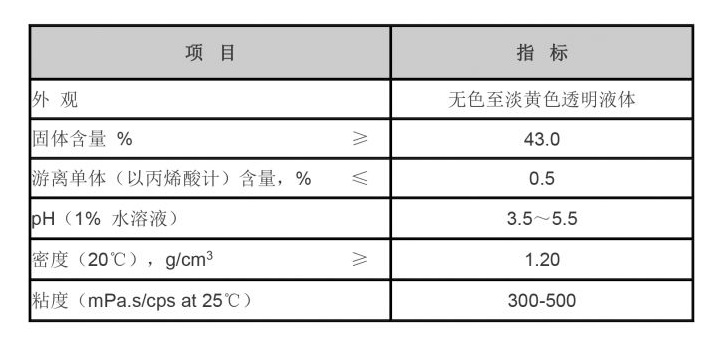Synthesis and Applications of Dodecyldimethylbenzylammonium Chloride in Chemical Research
Dodecyldimethylbenzylammonium Chloride An Overview
Dodecyldimethylbenzylammonium chloride (DDBAC) is a versatile quaternary ammonium compound that finds extensive use in various industrial and consumer applications. Its unique structure, comprising a dodecyl alkyl chain attached to a dimethylbenzylammonium group, imparts both hydrophobic and hydrophilic properties, making it an effective surfactant, antimicrobial agent, and preservative.
Chemical Structure and Properties
DDBAC is categorized as a cationic surfactant due to the presence of a positively charged nitrogen atom. The presence of a long hydrophobic dodecyl chain enhances its ability to interact with organic materials and provides good emulsifying properties. Its amphiphilic nature allows DDBAC to reduce surface tension, thereby improving the solubility of various compounds in water.
This quaternary ammonium compound has a molecular formula of C22H38N.Cl, with a molecular weight of approximately 366.02 g/mol. DDBAC is typically presented as a colorless to yellowish liquid or as a solid crystalline form. It is soluble in water and various organic solvents, making it adaptable for numerous uses.
Antimicrobial Properties
One of the most prominent applications of DDBAC lies in its antimicrobial properties. Laboratory studies have shown that it exhibits efficacy against a broad spectrum of microorganisms, including bacteria, fungi, and viruses. This makes DDBAC valuable in the formulation of disinfectants, sanitizers, and preservatives used in healthcare settings, households, and various industries.
The mechanism by which DDBAC exerts its antimicrobial effects involves disrupting the microbial cell membrane. Its cationic nature allows it to interact with negatively charged components of the microbial cell wall, leading to cell lysis and death. This property is particularly advantageous for applications in food preservation and water treatment, where microbial contamination poses significant health risks.
Industrial Applications
dodecyldimethylbenzylammonium chloride

DDBAC is employed in several industrial sectors, notably in the production of personal care and household products. In shampoos and conditioners, it acts as a conditioning agent, providing improved detangling and softness to hair. Additionally, it enhances the stability and effectiveness of emulsions in cosmetic formulations.
In the realm of agriculture, DDBAC is utilized as an adjuvant in pesticide formulations, improving the penetration and efficacy of active ingredients on plant surfaces. Its surfactant properties facilitate the spread and adhesion of sprays, increasing the overall effectiveness of pest control measures.
Moreover, DDBAC is found in various cleaning products, where it serves as a disinfectant and antimicrobial agent, helping to maintain hygienic conditions in homes, schools, and healthcare facilities. Its ability to combat biofilm formation makes it particularly useful in environments where cleanliness is paramount.
Safety and Environmental Considerations
While DDBAC is effective in its applications, safety and environmental considerations are paramount. Cationic surfactants, including DDBAC, can be toxic to aquatic life and may contribute to environmental pollution if not managed properly. Therefore, regulatory bodies have established guidelines for its safe use, particularly concerning concentrations and environmental impact assessments.
Users of DDBAC in industrial and consumer products must adhere to safety data sheets and regulatory standards to minimize risks associated with exposure. Proper protective equipment should be worn when handling concentrated formulations, and disposal methods should comply with local environmental regulations to prevent ecological harm.
Conclusion
Dodecyldimethylbenzylammonium chloride is a multifaceted compound with extensive applications across various sectors due to its unique properties as a surfactant and antimicrobial agent. Its ability to enhance product efficacy while maintaining hygiene makes it a valuable ingredient in personal care, cleaning, and agricultural products. However, as with any chemical substance, responsible handling and adherence to safety regulations are essential to mitigate potential environmental and health risks. Understanding the benefits and considerations associated with DDBAC will help ensure its continued safe and effective use in diverse applications.
-
Water Treatment with Flocculant Water TreatmentNewsJun.12,2025
-
Polymaleic AnhydrideNewsJun.12,2025
-
Polyaspartic AcidNewsJun.12,2025
-
Enhance Industrial Processes with IsothiazolinonesNewsJun.12,2025
-
Enhance Industrial Processes with PBTCA SolutionsNewsJun.12,2025
-
Dodecyldimethylbenzylammonium Chloride SolutionsNewsJun.12,2025





